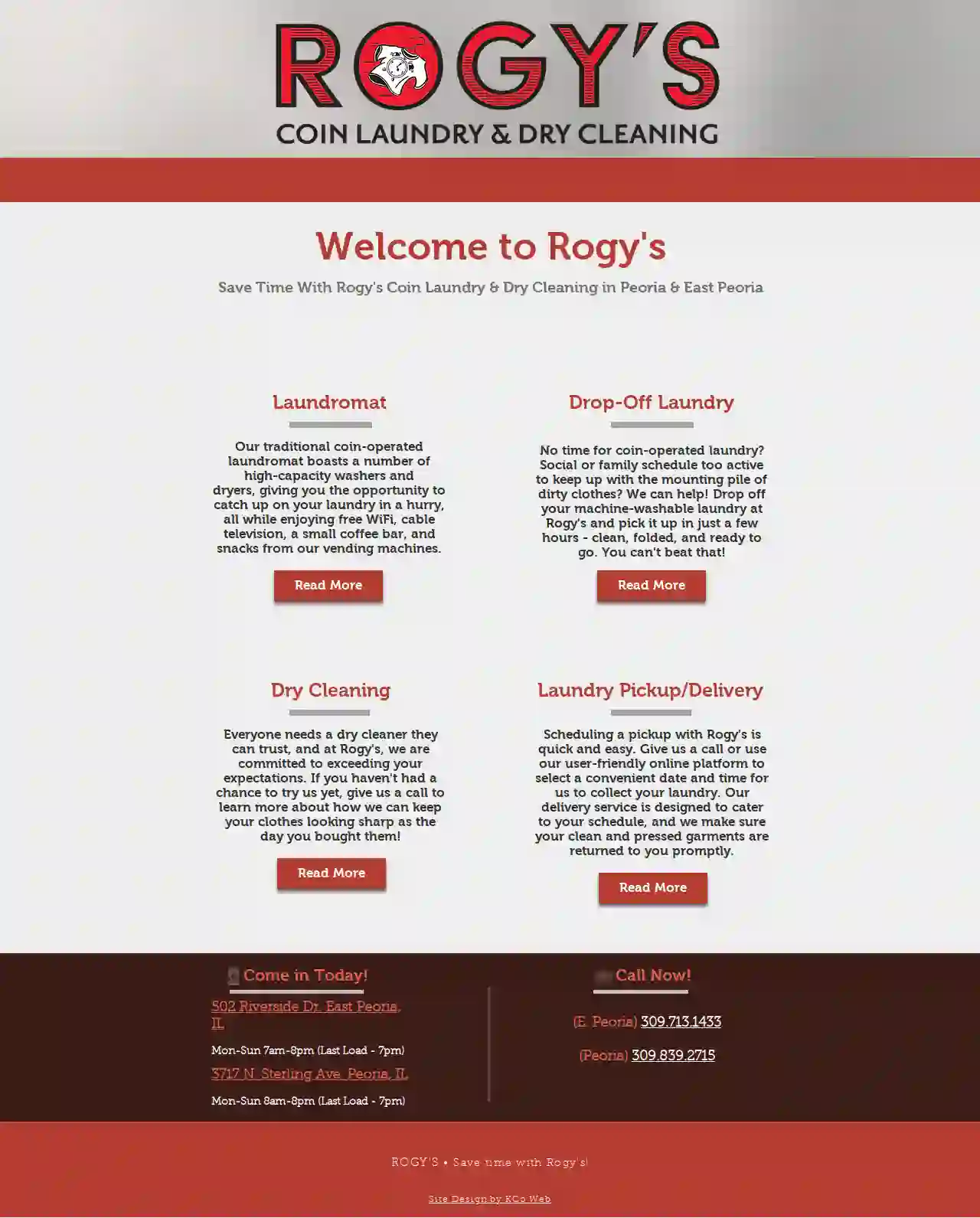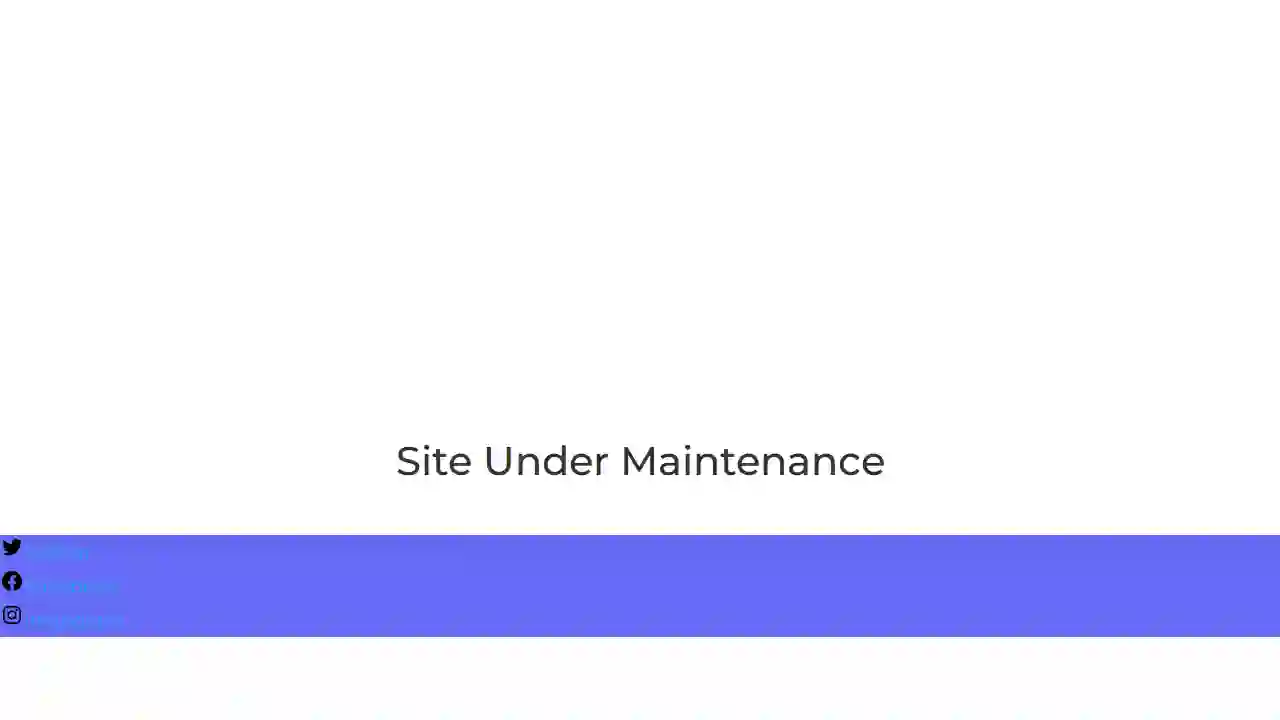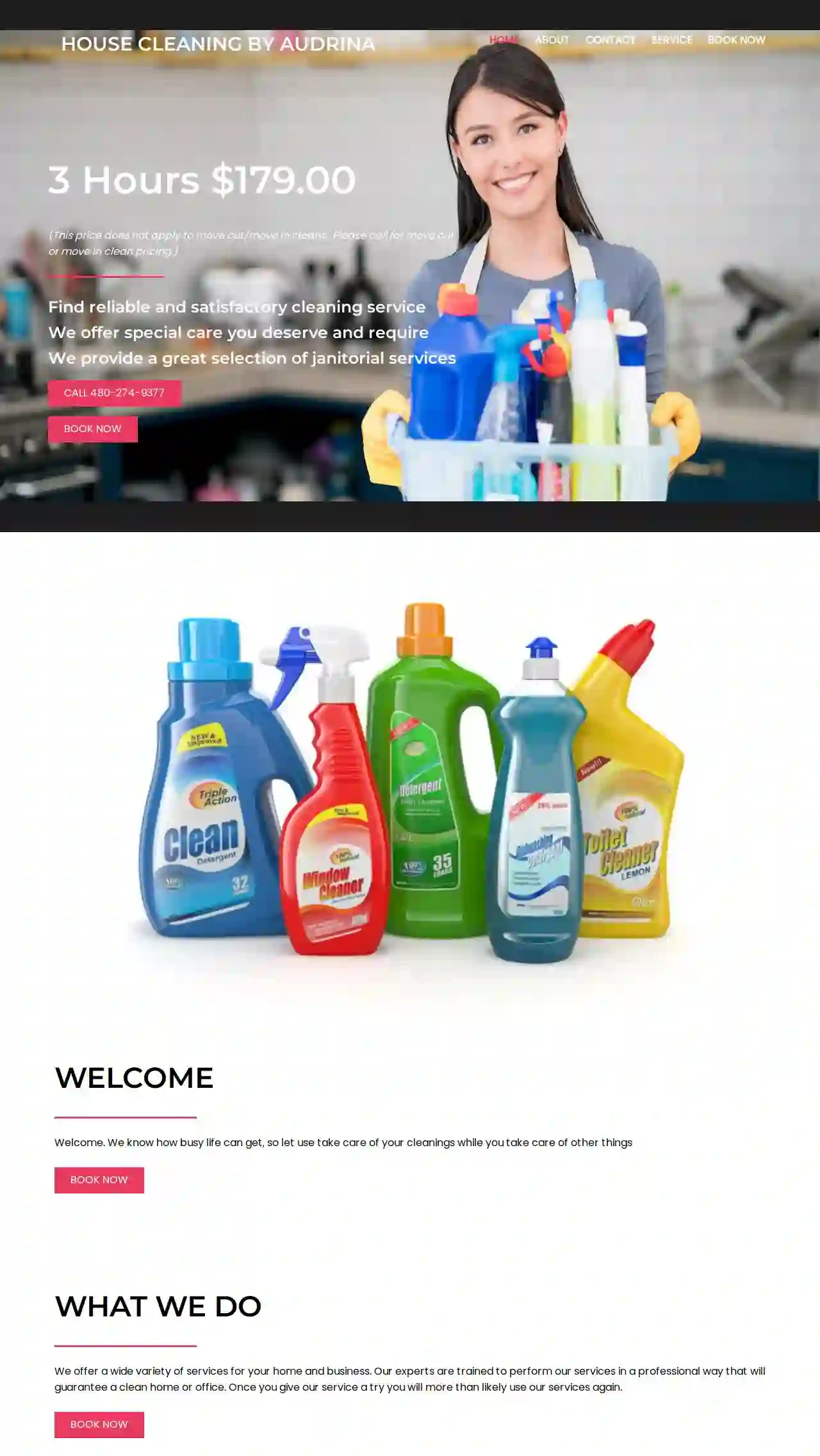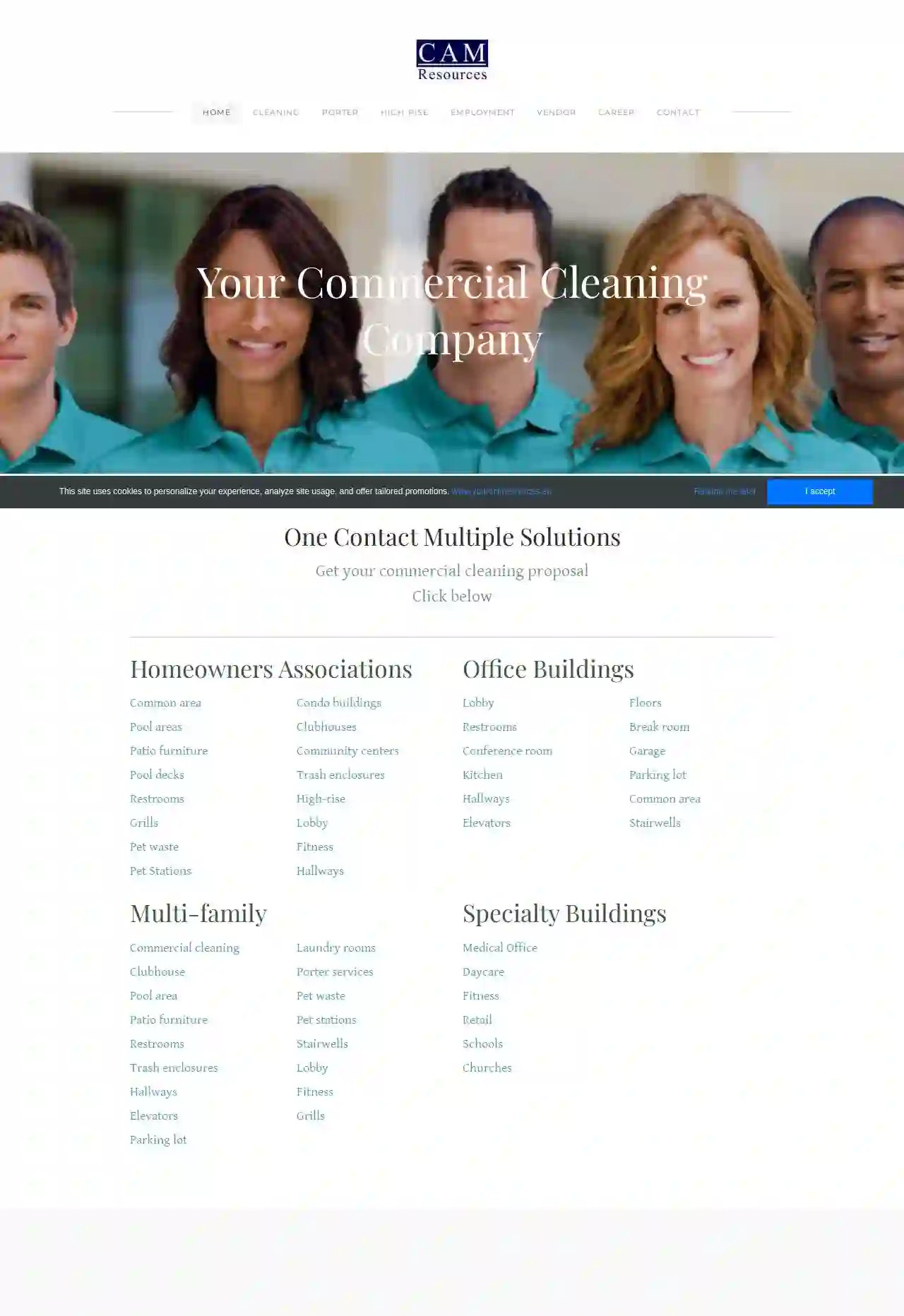Cleaning Services Douglas
Find top Cleaning in Douglas
Receive 3 FREE Local Cleaners quotes for your project today! Compare profiles, reviews, accreditations, portfolio, etc... and choose the best service.
Service Needed
City or Town

MOLLY MAID of Peoria
4.7442 reviewsPeoria, US- Services
- Why Us?
- Gallery
Get Quote
Rogy's Laundry & Dry Cleaning, LLC
4.6118 reviewsPeoria, US- Services
- Why Us?
- Gallery
Get Quote
Personal Touch Service Solutions
51 reviewsPeoria, US- Services
- Why Us?
- Gallery
Get Quote- XC
XCEL Janitorial
58 reviewsPhoenix, US- Services
- Why Us?
Get Quote 
System4 of Phoenix
4.520 reviewsScottsdale, US- Services
- Why Us?
Get Quote
Ace of Maids
4.824 reviewsGilbert, US- Services
- Why Us?
Get Quote
Premium Custodian Services
56 reviewsPhoenix, US- Services
- Why Us?
Get Quote
SCOTTSDALE HOUSE CLEANING BY AUDRINA
4.6110 reviewsScottsdale, US- Services
- Why Us?
Get Quote
Scottsdale Commercial Cleaning LLC
52 reviewsScottsdale, US- Services
- Why Us?
Get Quote
CAM Resources - Commercial Cleaning
3.619 reviewsScottsdale, US- Services
- Why Us?
Get Quote
Over 60,241+ Janitorial Services onboarded
Our cleaning pros operate in Douglas & beyond!
CleaningMatch has curated and vetted Top Janitorial Services near Douglas. Find a top & trustworthy pro today.
Frequently Asked Questions About Cleaning Services
Find answers to common questions about cleaning services and hiring cleaning companies in the USA.
- Cleaning: Removing dirt, dust, and debris from surfaces using soap or detergent and water. It improves the appearance and removes visible contaminants.
- Sanitizing: Reducing the number of bacteria on surfaces to a safe level. It uses chemical disinfectants or heat to kill or inactivate bacteria.
- Disinfecting: Killing or inactivating most disease-causing microorganisms on surfaces. It uses stronger chemical disinfectants than sanitizing and targets a wider range of pathogens.
- Declutter first: Before cleaning, declutter surfaces and remove any items that don't belong. This makes cleaning easier and prevents distractions.
- Gather your supplies: Assemble all your cleaning supplies, including cleaners, cloths, sponges, and a trash bag, in a caddy or bucket to avoid wasting time searching for them.
- Work from top to bottom: Start cleaning from the top of each room and work your way down to prevent dust and debris from falling on already cleaned surfaces.
- Focus on high-traffic areas: Pay extra attention to high-traffic areas like kitchens and bathrooms, where dirt and germs accumulate quickly.
- Use the right tools: Utilize appropriate cleaning tools for different surfaces and tasks. Microfiber cloths are effective for dusting and cleaning glass, while scrub brushes are ideal for tough stains.
- Clean in sections: Break down larger tasks into smaller sections to avoid feeling overwhelmed. Focus on one area at a time before moving on to the next.
- Establish a routine: Create a regular cleaning schedule and stick to it. This prevents dirt buildup and makes cleaning more manageable.
- Experience and a proven track record: Choose companies with a solid history of providing quality cleaning services.
- Positive customer reviews and testimonials: Check online reviews and ratings to gauge customer satisfaction.
- Licensed and insured professionals: Ensure the company has the necessary licenses and insurance to protect you from liability.
- Clear and transparent pricing: Obtain detailed quotes and compare prices from multiple companies.
- Good communication and responsiveness: Choose a company that communicates clearly, responds promptly, and addresses your concerns.
- Prepare the Windows: Remove dust and debris from windows using a brush, vacuum, or damp cloth.
- Cleaning Solution: Use a commercial glass cleaner or a homemade solution of equal parts water and vinegar.
- Spray and Wipe: Spray the cleaning solution onto the window, ensuring even coverage.
- Squeegee Technique: Use a squeegee to wipe the cleaner from top to bottom, overlapping each stroke by about an inch. Wipe the squeegee blade clean after each stroke.
- Dry Edges: Wipe the edges of the window with a clean, dry microfiber cloth to remove any remaining moisture.
What is the difference between cleaning, sanitizing, and disinfecting?
While often used interchangeably, cleaning, sanitizing, and disinfecting have distinct meanings:
Cleaning is usually the first step, followed by sanitizing or disinfecting depending on the level of hygiene required.
Cleaning is usually the first step, followed by sanitizing or disinfecting depending on the level of hygiene required.
What are some tips for cleaning my own home efficiently?
Cleaning your home efficiently can save time and effort. Follow these tips to streamline your cleaning routine:
By implementing these strategies, you can clean your home more efficiently and maintain a cleaner and healthier living space.
By implementing these strategies, you can clean your home more efficiently and maintain a cleaner and healthier living space.
How do I find a good cleaning service?
Finding a reputable cleaning service requires research and due diligence. Look for companies with:
Utilize online directories like CleaningMatch to find and compare qualified cleaning services in your area.
Utilize online directories like CleaningMatch to find and compare qualified cleaning services in your area.
What is the best way to clean windows without streaks?
Achieving streak-free windows requires the right technique and cleaning solutions. Follow these steps:
For best results, clean windows on a cloudy day or in the shade to prevent the cleaning solution from drying too quickly and leaving streaks.
For best results, clean windows on a cloudy day or in the shade to prevent the cleaning solution from drying too quickly and leaving streaks.
What is the difference between cleaning, sanitizing, and disinfecting?
While often used interchangeably, cleaning, sanitizing, and disinfecting have distinct meanings:
Cleaning is usually the first step, followed by sanitizing or disinfecting depending on the level of hygiene required.
- Cleaning: Removing dirt, dust, and debris from surfaces using soap or detergent and water. It improves the appearance and removes visible contaminants.
- Sanitizing: Reducing the number of bacteria on surfaces to a safe level. It uses chemical disinfectants or heat to kill or inactivate bacteria.
- Disinfecting: Killing or inactivating most disease-causing microorganisms on surfaces. It uses stronger chemical disinfectants than sanitizing and targets a wider range of pathogens.
Cleaning is usually the first step, followed by sanitizing or disinfecting depending on the level of hygiene required.
What are some tips for cleaning my own home efficiently?
Cleaning your home efficiently can save time and effort. Follow these tips to streamline your cleaning routine:
By implementing these strategies, you can clean your home more efficiently and maintain a cleaner and healthier living space.
- Declutter first: Before cleaning, declutter surfaces and remove any items that don't belong. This makes cleaning easier and prevents distractions.
- Gather your supplies: Assemble all your cleaning supplies, including cleaners, cloths, sponges, and a trash bag, in a caddy or bucket to avoid wasting time searching for them.
- Work from top to bottom: Start cleaning from the top of each room and work your way down to prevent dust and debris from falling on already cleaned surfaces.
- Focus on high-traffic areas: Pay extra attention to high-traffic areas like kitchens and bathrooms, where dirt and germs accumulate quickly.
- Use the right tools: Utilize appropriate cleaning tools for different surfaces and tasks. Microfiber cloths are effective for dusting and cleaning glass, while scrub brushes are ideal for tough stains.
- Clean in sections: Break down larger tasks into smaller sections to avoid feeling overwhelmed. Focus on one area at a time before moving on to the next.
- Establish a routine: Create a regular cleaning schedule and stick to it. This prevents dirt buildup and makes cleaning more manageable.
By implementing these strategies, you can clean your home more efficiently and maintain a cleaner and healthier living space.
How do I find a good cleaning service?
Finding a reputable cleaning service requires research and due diligence. Look for companies with:
Utilize online directories like CleaningMatch to find and compare qualified cleaning services in your area.
- Experience and a proven track record: Choose companies with a solid history of providing quality cleaning services.
- Positive customer reviews and testimonials: Check online reviews and ratings to gauge customer satisfaction.
- Licensed and insured professionals: Ensure the company has the necessary licenses and insurance to protect you from liability.
- Clear and transparent pricing: Obtain detailed quotes and compare prices from multiple companies.
- Good communication and responsiveness: Choose a company that communicates clearly, responds promptly, and addresses your concerns.
Utilize online directories like CleaningMatch to find and compare qualified cleaning services in your area.
What is the best way to clean windows without streaks?
Achieving streak-free windows requires the right technique and cleaning solutions. Follow these steps:
For best results, clean windows on a cloudy day or in the shade to prevent the cleaning solution from drying too quickly and leaving streaks.
- Prepare the Windows: Remove dust and debris from windows using a brush, vacuum, or damp cloth.
- Cleaning Solution: Use a commercial glass cleaner or a homemade solution of equal parts water and vinegar.
- Spray and Wipe: Spray the cleaning solution onto the window, ensuring even coverage.
- Squeegee Technique: Use a squeegee to wipe the cleaner from top to bottom, overlapping each stroke by about an inch. Wipe the squeegee blade clean after each stroke.
- Dry Edges: Wipe the edges of the window with a clean, dry microfiber cloth to remove any remaining moisture.
For best results, clean windows on a cloudy day or in the shade to prevent the cleaning solution from drying too quickly and leaving streaks.